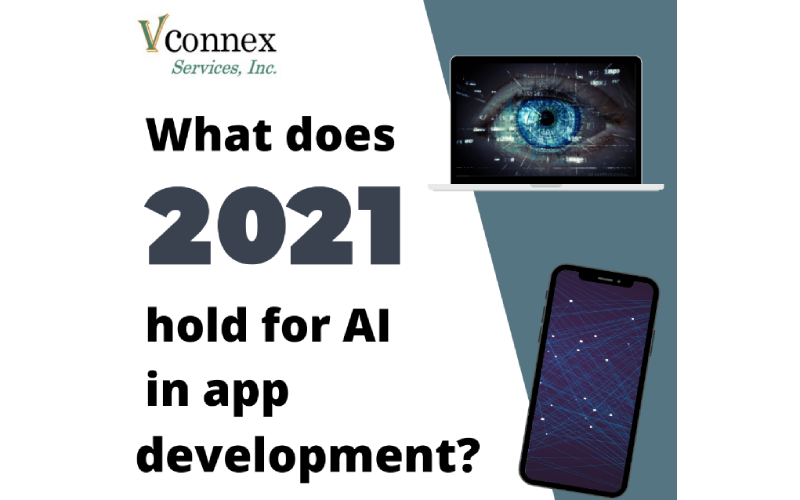What does 2021 hold for AI in app development?
Due to the recent development of science and technology in the world, the smartphone industry has made exponential growth in the mobile phone application market. These devices are well known as one of the most important Internet-of-Things (IoT) devices as well, according to their diverse capabilities including data storage and processing.
Today’s smartphone is also considered as "a next-generation, multi-functional cell phone that facilitates data processing as well as enhanced wireless connectivity", i.e., a combination of "a powerful cell phone" and a "wireless-enabled PDA".
In the real world, people use smartphones not only for voice communication between individuals but also for various activities with different mobile apps like e-mailing, instant messaging, online shopping, Internet browsing, entertainment, social media like Facebook, LinkedIn, Twitter, or various IoT services like smart cities, health or transport services, etc. Smartphone applications differ from desktop applications due to their execution environment. A desktop computer application is typically designed for a static execution environment, either in-office or home, or other static locations. However, this static precondition is generally not applicable to mobile services or systems. The reason is that the world around an application is changing frequently and computing is moving toward pervasive and ubiquitous environments. Thus, mobile applications should adapt to the changing environment according to the contexts and behave accordingly, which is known as context-awareness.
Thus, the overall performance of the AI-based mobile applications depends on the nature of the contextual data, and artificial intelligence tasks that can play a significant role to build an effective model.

Overall, the reasons for AI-tasks in mobile applications and systems can be summarized as below
Artificial intelligence (AI) techniques have grown rapidly in recent years in the context of computing with smart mobile phones that typically allows the devices to function in an intelligent manner.
AI can be applied to various types of mobile data such as structured, semi-structured, and unstructured. Popular AI techniques include machine learning (ML) and deep learning (DL) methods, natural language processing (NLP), as well as knowledge representation and expert systems (ES), can be used according to their data characteristics, in order to make the target mobile applications intelligent.
AI-based models and their usage in practice can be seen in many intelligent mobile applications, such as personalized recommendation, virtual assistant, mobile business, healthcare services, and even the corona-virus COVID-19 pandemic management in recent days. This made a paradigm shift to context-aware intelligent computing, powered by the increasing availability of contextual smartphone data and the rapid progress of data analytics techniques.
The intelligent smartphone applications and corresponding services are considered as "context-aware" because smartphones are able to know their users’ current contexts and situations, "adaptive" because of their dynamic changing capability depending on the users’ needs, and "intelligent" because of building the model based on data-driven artificial intelligence, which makes them able to assist the end-users intelligently according to their needs in their different day-to-day situations.
AI is the future in all domains to develop data-driven intelligent mobile applications for the betterment of human life in different application scenarios.

